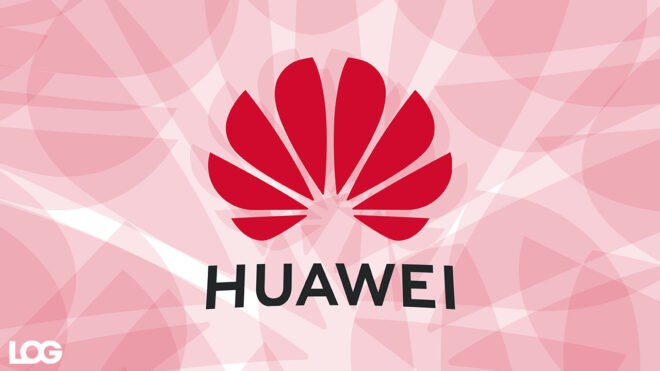Huawei, one of the largest technology companies based in China, is today with “PanGu Chat” similar to ChatGPT. on the agenda.
Huawei PanGu Chat chatbot has a similar working logic as ChatGPT, but it is not a direct competitor of ChatGPT. Because this chatbot is different from the ChatGPT system in the first stage. It is stated that it will be specific to corporate areas only. Officially dated July 7 Huawei Cloud Developer Conference said to be introduced under Huawei PanGu Chat, According to preliminary information, it centers on a strong large language model. The PanGu-Σ model at the heart of the chatbot was developed on Huawei’s MindSpore framework and OpenAI’s GPT-3.5 language model (Currently using GPT-4) comparable to It can generate answers using 1.085 trillion parameters. The model, which is an extension of Huawei’s PanGu model, which was introduced in 2021 and upgraded to version 2.0 in 2022, seems quite capable for now, but of course, we have a system that will be constantly improved. The Chinese giant, which made serious financial investments for this, Huaweimay also make the chatbot end-user oriented like ChatGPT in the future.
YOU MAY BE INTERESTED
Next-generation productive AI systems powering chatbots There has been both good and bad news recently. For example, a group of senior artificial intelligence researchers, experienced engineers working in the field, and CEOs of large technology companies for a short time, issued a new warning about the existential threat they believe artificial intelligence poses to humanity. This statement, published by the Center for AI Safety, a San Francisco-based non-profit organization, includes Demis Hassabis, CEO of Google-affiliated DeepMind, and Sam Altman, CEO of OpenAI, which developed ChatGPT. Geoffrey Hinton, one of three artificial intelligence researchers to win the 2018 Turing Award for his workHis other recent statements can be found here.) and Youshua Bengio. Here In the statement, “Reducing the risk of extinction from AI should be a global priority, along with other societal-scale risks such as epidemics and nuclear war.” it’s called. Of course, this is not the first time that this concern has been raised. previously non-profit Future of Life Institute As part of a negotiation text published by over 1,000 people and signed by Elon Musk (Former OpenAI investor) and many artificial intelligence experts were united in a common opinion.
